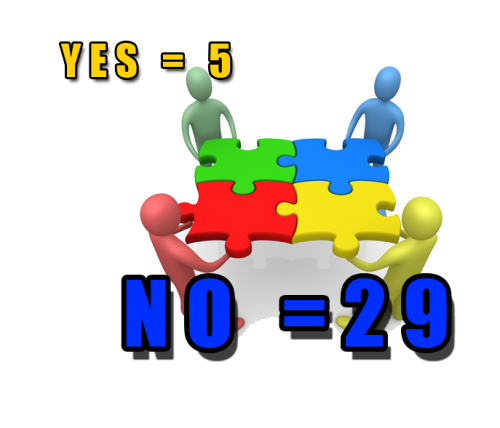Staff Editorial: Should the United States Intervene In Syria With Military Action?
Intervening in foreign affairs has always been a messy business and the U.S.’ proposed military actions in Syria are no exception.
Since 2011, the civilians of Syria have called for greater freedom and democracy from their government, and what could have been peaceful solutions led to horrific conclusions. According to BBC, the speculations over the use of chemical weapons worsened, reportedly killing over 100,000 innocent lives.
As the international community becomes more wary of what is to come, the U.S. leaves many puzzled, as there was a lack of real direction presented by the Obama administration even while renewed presence in the Middle East seems to be unfavorable as troops are being withdrawn from Afghanistan. This in turn leads to the question we need to ask ourselves: Should the U.S. be selfless and help Syria or should the United States be selfish and stray from other’s problems?
The situation in Syria is so complex that no one can explicitly explain all of the aspects of the conflict. Many are concerned that the U.S.’ questionable history of involvement will repeat itself, but analysts believe that the differences between Kosovo in 1999, Iraq in 2003 and Libya in 2011 are too large for comparison with Syria’s conflict. There are repercussions for any action from sending the Navy Seals to air striking chemical weapon storage facilities that we, as the U.S., will take. Let’s not forget that we recently decided to withdraw all military intelligence from Afghanistan back home, and with American “influences” nearby in Iraq, being involved in another Middle East country seems impetuous.
Obama has considered limited military action which can “deter and degrade” the Syrian government’s ability to deploy chemical weapons. However, what happens following American military action? We would love to assume that, after the strike, everything will be resolved, but that would not be the case since President Bashar Al Assad warned the U.S. that he would “defend himself against any aggression.” Then we would have to start counting the days until Assad might respond to the attack and considering how many civilians might be killed, which would draw in the allies of both countries along with Syria’s neighbors. The situation would continue to escalate with the worst case scenario being going to war with Russia and Iran, Syria’s allies.
What then, can be done? We must ask ourselves: Are we capable of becoming involved in the problems of others and is all this for humanitarian efforts and not for our own self-interests? Though the U.S. has a military budget of approximately $680 billion- larger than the next 10 highest budgets combined, (China, Russia, the U.K., Japan, France, Saudi Arabia, India, Germany, Italy and Brazil)- we must recognize the fiscal realities of war in this century. In previous wars, it was acceptable to the American people that incurring more debt would be offset by ensuring the world’s safety. However, these times are different and the realities of national debt coupled with the cost of military intervention is simply too much of a burden. Coming up with an alternative to military action is what should be done instead.
On Sept. 14, the United States and Russia reached an agreement to not only have all of Syria’s chemical weapons given to international control, but also to destroy all such weapons by 2014.
However, this leaves the regime unpunished for the unparalleled violence enacted against the Syrian people- a crime against humanity. People are not just being killed, they are suffering from the long, drawn out symptoms of using chemical weaponries. Whether or not we are concerned with the weakening of this country’s status as the “global cop” for not acting upon a humanitarian crisis, it should be the repercussions of military action which causes us to hesitate.
All of our actions must prioritize Americans; we cannot and should not act preemptively, unilaterally and without diligence like we did in the Iraq War.
